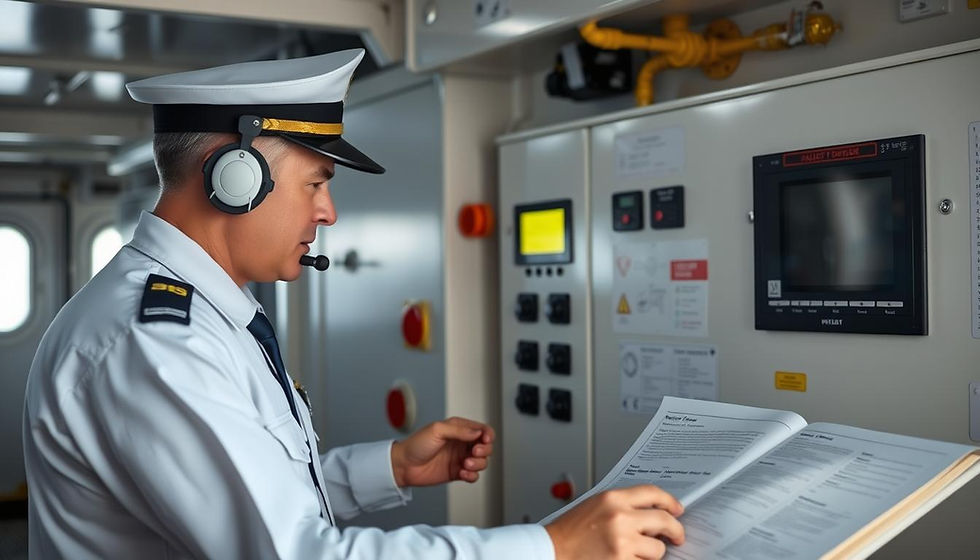Forgiveness: a powerful human virtue in the workplace
- Admin

- Aug 27, 2023
- 2 min read
Updated: May 7, 2025
Every week we’ll be taking some time to talk about a human virtue. This week we’ll talk about the power of forgiveness.

‘No-blame’ work culture: Fostering Collaboration or Eroding Accountability?
Forgiveness is a remarkable human virtue that holds the power to heal wounds, mend relationships & promote one’s emotional well-being. Its power extends into the very fabric of our society & into the realm of the workplace. But how exactly? Let’s explore together.
The professional landscape is rife with diverse personalities, differing opinions and occasional misunderstandings.
When one lacks the capacity to forgive, grudges fester. This leads to decreased morale & productivity.
The importance of Forgiveness in the workplace
When employees or colleagues are unable to forgive & let go of conflicts, it can lead to a toxic work environment marked by tension, division & hindered communication.
In contrast, a workplace that encourages forgiveness creates an atmosphere of psychological safety, allowing people to admit mistakes more easily & learn from them. Forgiveness fosters an environment of trust, where individuals -despite their errors- feel supported.
Forgiveness also holds the potential to strengthen leadership qualities. A leader who exemplifies forgiveness demonstrates emotional maturity & commitment to growth. When leaders acknowledge their own mistakes & forgive the mistakes of others, they set a powerful example. Such leaders are approachable & inspire loyalty within their team. They prioritize resolution over blame.
On the other hand, forgiveness -if not managed properly- can lead to undesirable results. It may lead to a lack of accountability & personal responsibility. It can also result in lack of consequences for repeated mistakes or negligence. It can be challenging when wrong-doings need to be addressed.
As a leader of your own team (or organization), what is your approach? That of infinite forgiveness, that of personal accountability or a balance in between?



